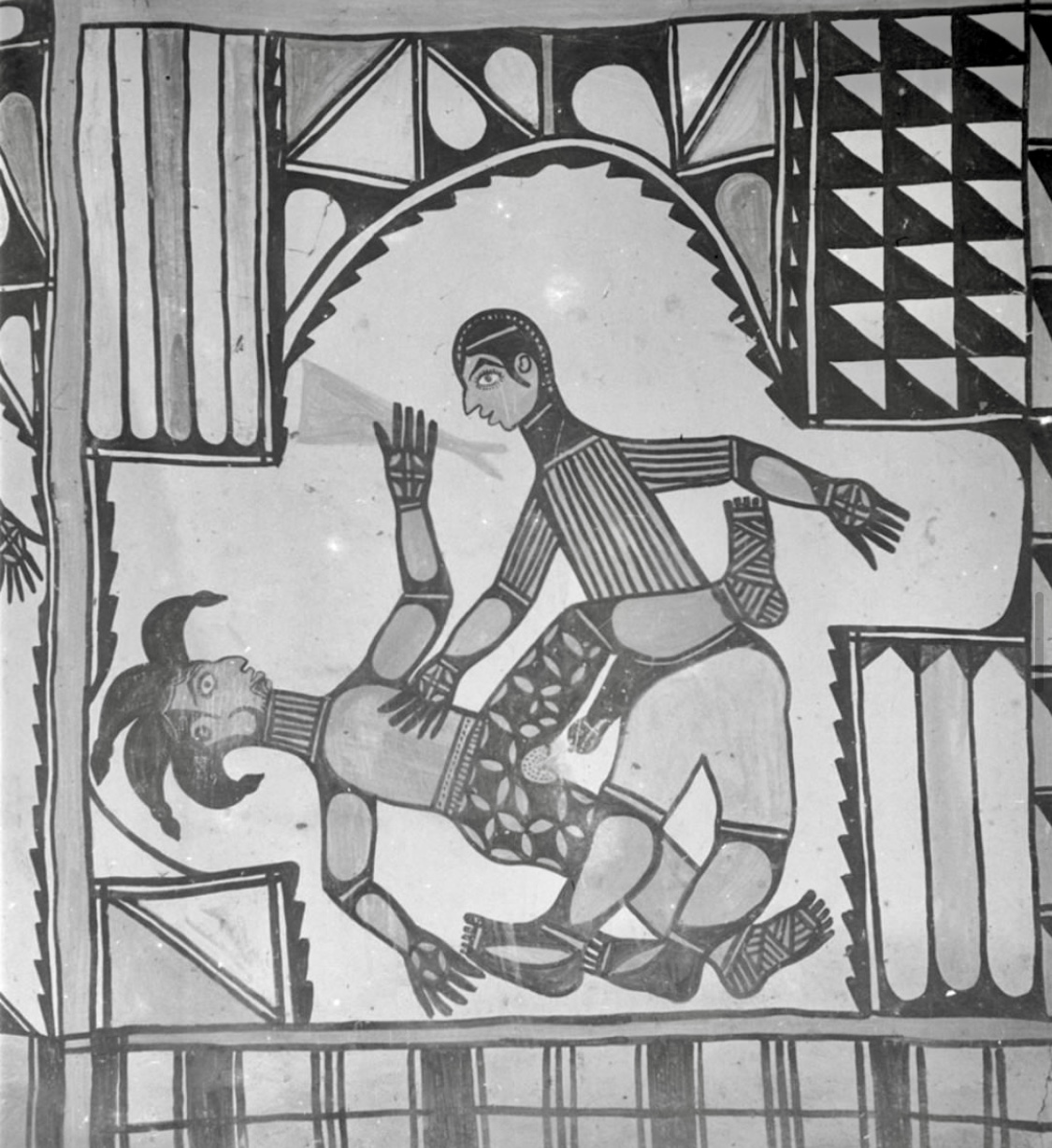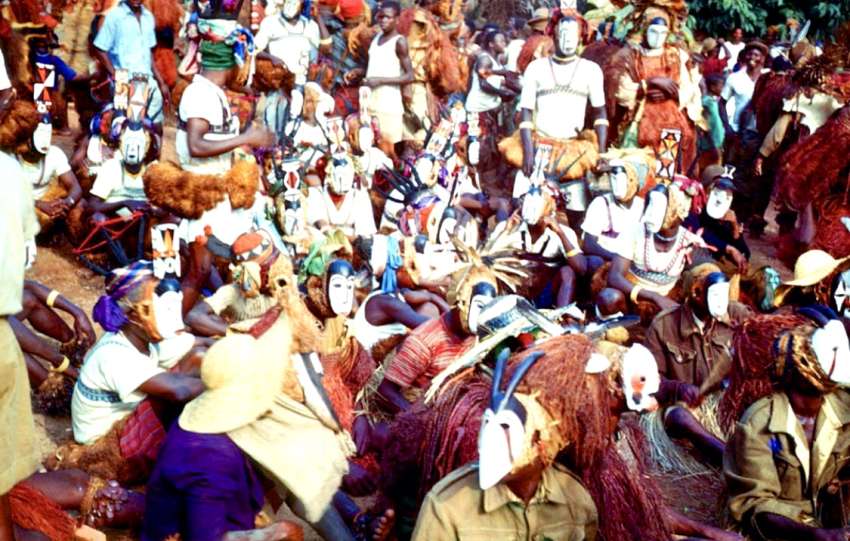The Igbo culture places greater emphasis on the father-child relationship than on the husband-wife bond or any other kinship ties. Within this cultural framework, sexual interactions in the family are primarily directed toward achieving a crucial social objective: the continuation of the male lineage. Unlike some other societies, Igbo traditions do not demand exclusivity in sexual relations between husband and wife. Instead, the cultural focus lies in ensuring that sexual relations are institutionalized. One such institution is iko mbara, a formalized arrangement of male and female concubinage.

Victor C. Uchendu (1965) elaborates that, from a cross-cultural perspective, attitudes toward sexual jealousy and tolerance are shaped by societal values and conditioning. Cultural ideas about sex influence whether individuals become sexually jealous, tolerant, or intolerant. These values reflect the broader social norms rather than being inherently biological or universal traits.
Aesthetic depictions of Igbo cultural practices and values, such as wall paintings on Ekpe houses in Umuajata, Olokoro (Umuahia), created by Annang artists in the 1930s, provide further context for understanding these traditions. G. I. Jones captured such artwork in the mid-1930s, showcasing the interplay between art and cultural identity in Igbo society.
References
Jones, G. I. (1935). Wall painting on an Ekpe house in Umuajata, Olokoro (Umuahia). Private Collection.
Uchendu, V. C. (1965). Concubinage among Ngwa Igbo of Southern Nigeria. Africa: Journal of the International African Institute, 35(2), 193–195.


